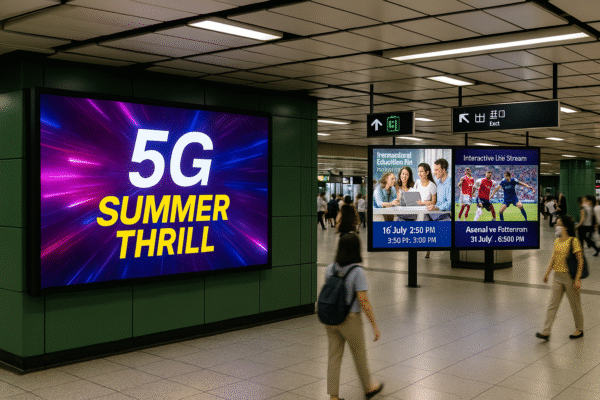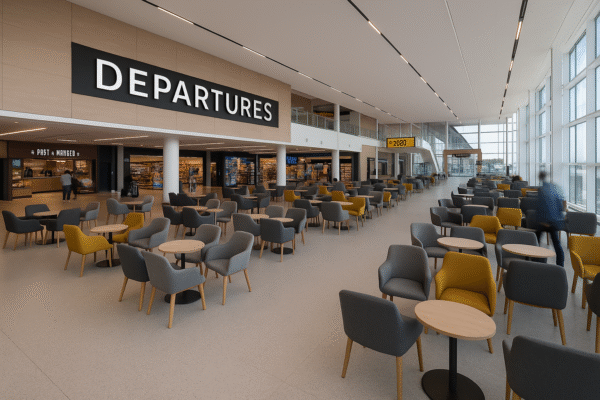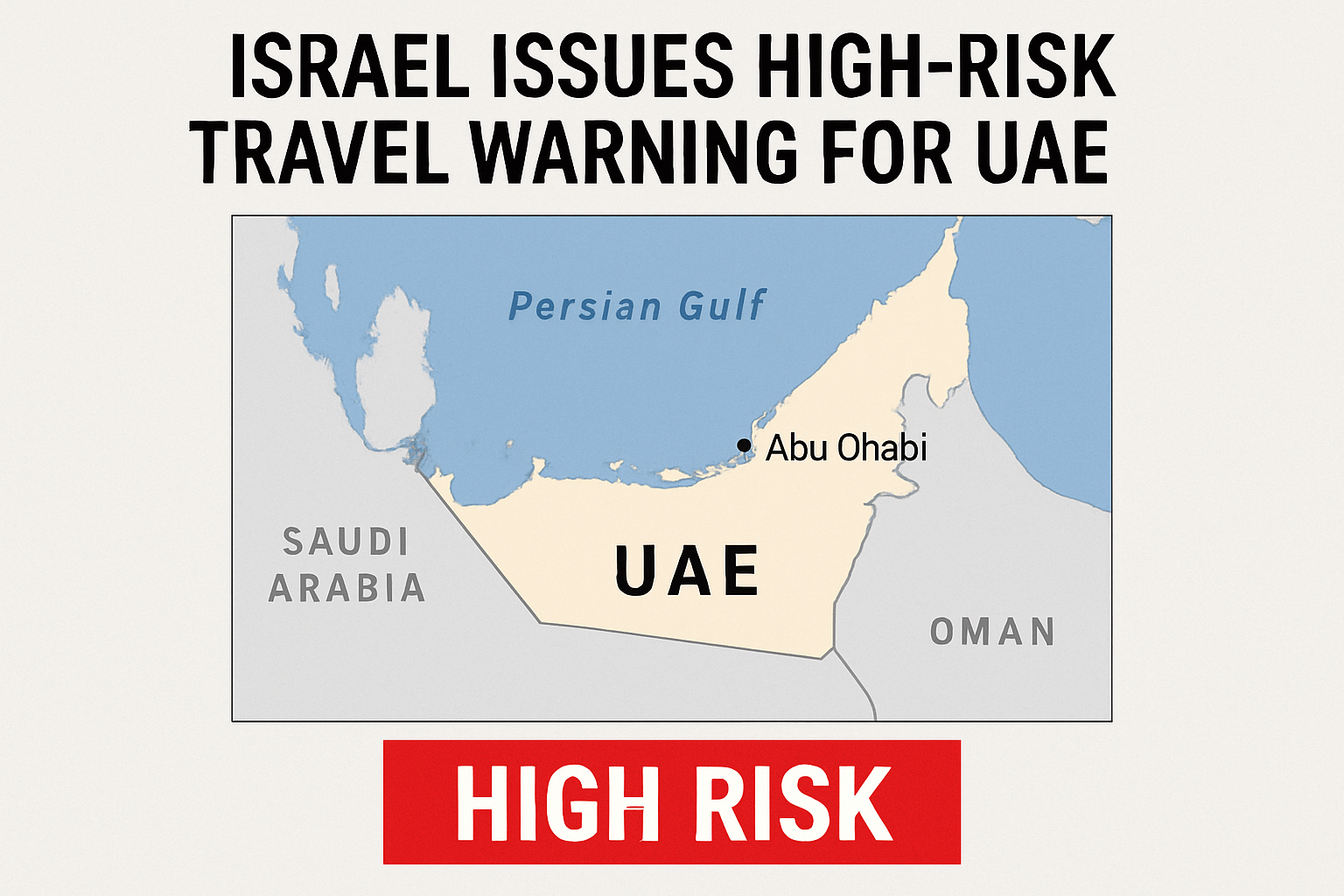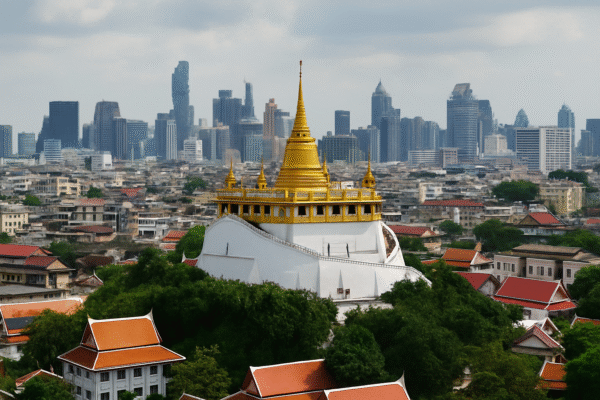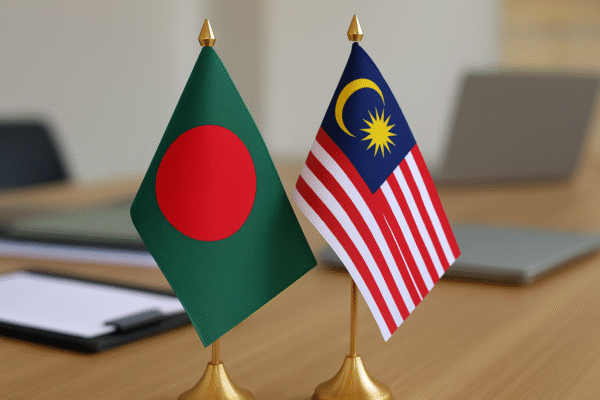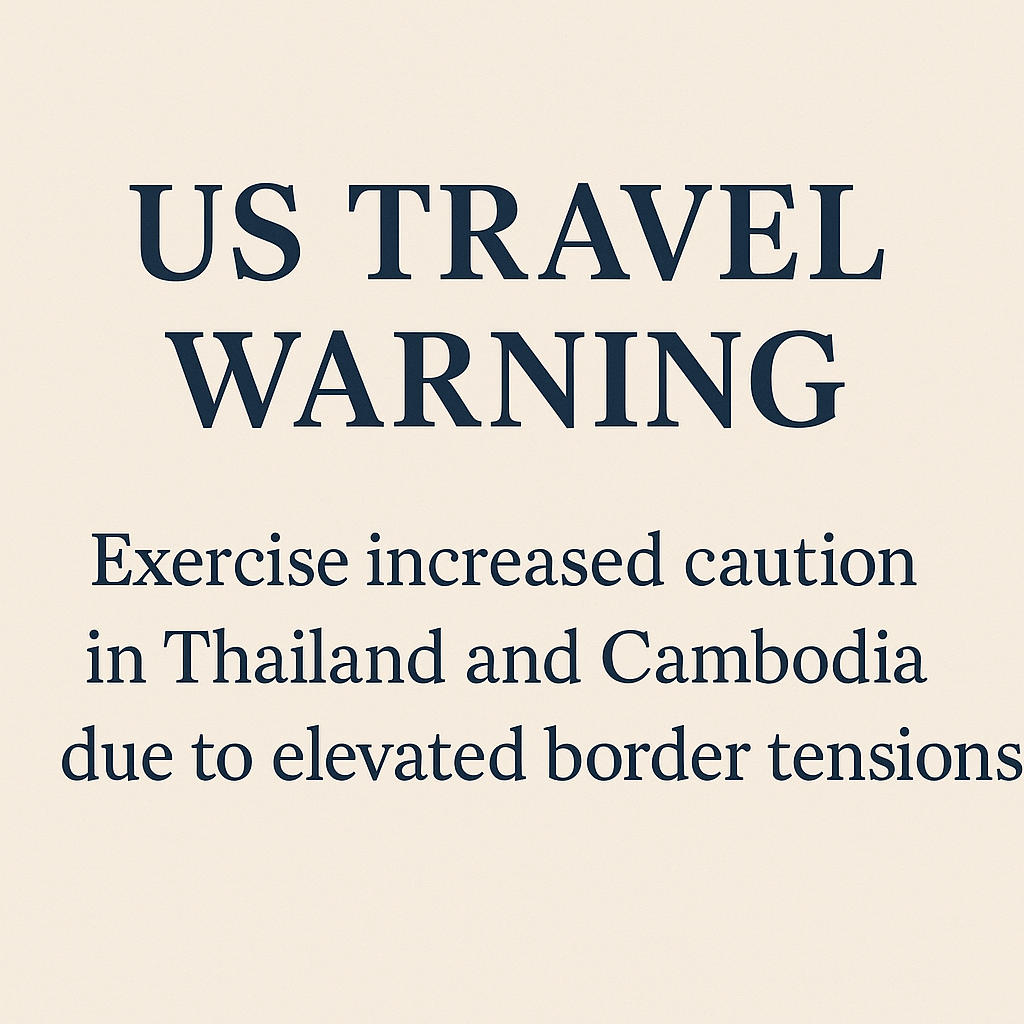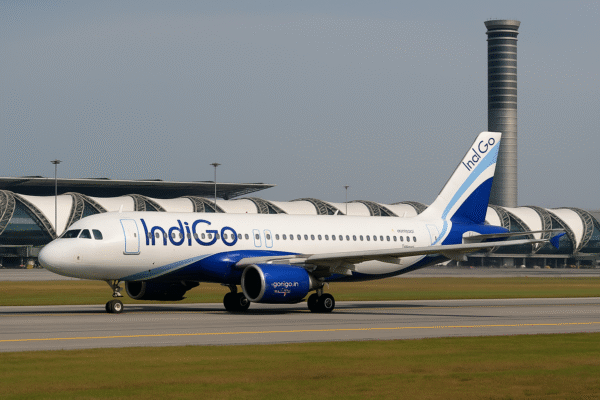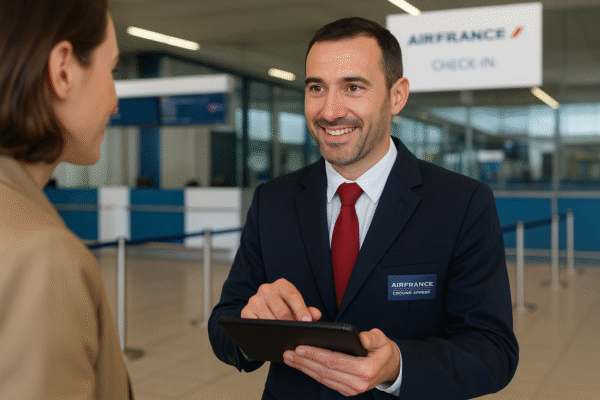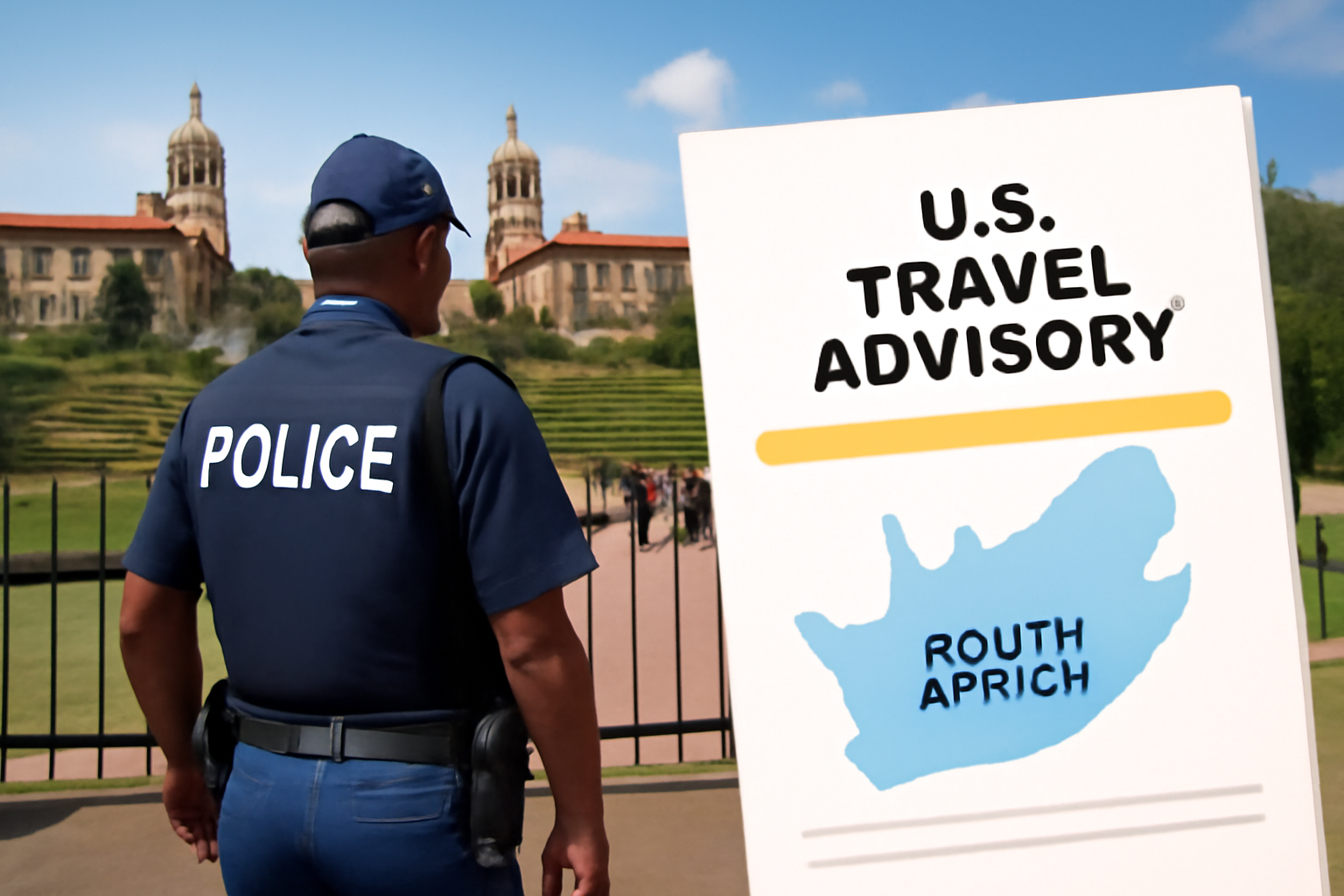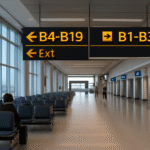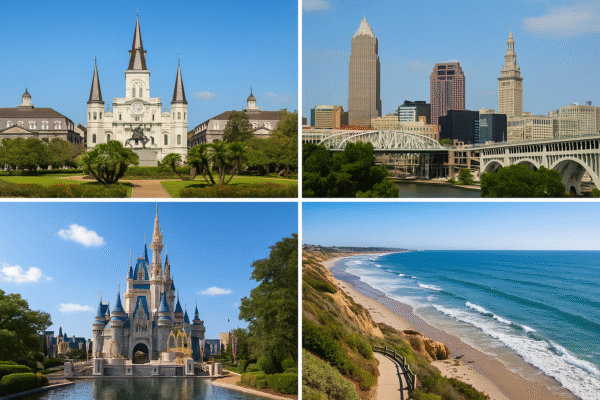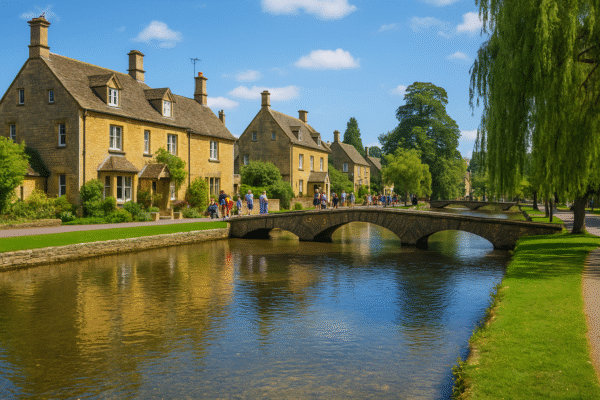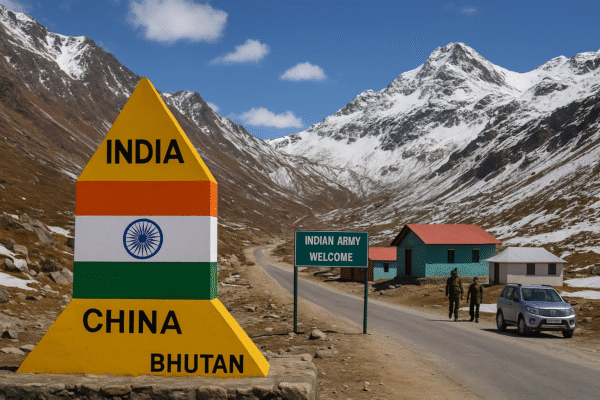PRETORIA, SOUTH AFRICA — The United States Department of State has issued a revised Level 2 travel advisory for South Africa, urging American citizens to exercise increased caution due to crime, civil unrest, terrorism, and kidnapping threats. The announcement, released on May 27, 2025, has sparked a debate about the political undertones of such advisories, especially following a recent meeting between South African President Cyril Ramaphosa and former U.S. President Donald Trump in Washington, D.C.
This update arrives amid rising concern among tourism professionals and international relations experts who fear that the advisory may unfairly tarnish South Africa’s reputation as a global travel destination, especially at a time when the country is working to revive its post-pandemic tourism economy.
What the Travel Advisory Says
The Level 2 advisory does not prohibit travel but advises American visitors to remain alert and well-informed when visiting South Africa. The advisory highlights several key risk areas:
- Crime: Including armed robbery, carjacking, and petty theft in urban centers.
- Civil Unrest: Sporadic protests and demonstrations that can escalate unexpectedly.
- Terrorism: While not prevalent, the risk of targeted attacks has prompted heightened caution.
- Kidnapping: Criminal groups may target individuals perceived to be wealthy.
The U.S. government has also advised its diplomatic personnel to use fully armoured vehicles, citing heightened safety protocols, particularly in high-crime zones such as parts of Johannesburg, Durban, and Cape Town.
Diplomatic Backdrop: Ramaphosa-Trump Meeting Raises Eyebrows
The timing of the advisory is noteworthy. Just days before it was issued, President Cyril Ramaphosa visited Washington to meet with Donald Trump, now once again a dominant figure in U.S. political circles. The two leaders reportedly discussed various matters, including Trump’s controversial remarks about a supposed “white genocide” in South Africa—claims that have been widely debunked but remain politically charged.
Observers suggest that the advisory may be influenced by diplomatic tensions, with Dr. Noluthando Phungula, an international relations expert, stating:
“While it’s true that South Africa faces serious crime challenges, the advisory also reflects a broader attempt to paint the country as unstable. There are geopolitical dynamics at play.”
Phungula emphasized that socioeconomic inequality remains at the root of South Africa’s urban crime rates, but questioned whether travel advisories should be used to indirectly signal diplomatic disapproval.
Tourism Industry Reacts with Concern
South Africa’s tourism sector, already navigating a difficult recovery path, has expressed concern about the potential damage the advisory could cause.
According to South African Tourism (SAT), the U.S. is among the top five international source markets, contributing significantly to both leisure and business travel. In 2024, the country welcomed over 320,000 U.S. travelers, a number that had been expected to grow in 2025.
“Safety is always a concern, and we work closely with government agencies to ensure tourism zones are secure,” said Themba Khumalo, interim CEO of SAT. “But travel advisories often paint an incomplete picture.”
Local businesses in Cape Town and Johannesburg, especially in the hospitality and adventure tourism sectors, are bracing for potential booking declines following the advisory. Tourism stakeholders are urging the South African government to strengthen its diplomatic outreach and counter negative perceptions with marketing campaigns showcasing the country’s vibrant culture, wildlife experiences, and heritage tourism.
Crime Realities vs. Perception
While it’s acknowledged that urban crime remains a significant issue, South Africa is far from being a no-go zone. In fact, most crime incidents occur in areas far removed from tourist hotspots. Travel experts point out that millions of visitors safely enjoy iconic destinations like:
- Kruger National Park
- Cape Winelands
- Table Mountain National Park
- Robben Island and the Garden Route
The U.S. Department of State’s Level 2 advisory, it is worth noting, is not unique to South Africa. Countries like the United Kingdom, France, and Mexico also currently share the same level designation due to various risks, including terrorism and crime.
Moving Forward: How South Africa Can Respond
In response to the advisory, the Department of International Relations and Cooperation (DIRCO) has emphasized that bilateral ties between the U.S. and South Africa remain robust and that security collaboration continues through established diplomatic channels.
Meanwhile, the South African Police Service (SAPS) has rolled out targeted safety initiatives in major cities, including increased patrols in tourist corridors, upgraded surveillance infrastructure, and mobile assistance stations.
Brand South Africa, the country’s nation-branding agency, is reportedly planning a “Resilient South Africa” tourism campaign, which will focus on the country’s hospitality, resilience, and multicultural identity in the face of global misconceptions.
Conclusion: Navigating the Global Image Challenge
As the global travel landscape becomes increasingly shaped by politics, perceptions, and real-time security events, countries like South Africa must strike a careful balance between transparency and advocacy. While acknowledging its internal challenges, South Africa remains a destination of immense natural beauty, cultural richness, and world-class tourism offerings.
What matters now is how the country navigates the narrative—by addressing real security concerns while actively working to maintain its place on the international tourism map.
For more travel news like this, keep reading Global Travel Wire

